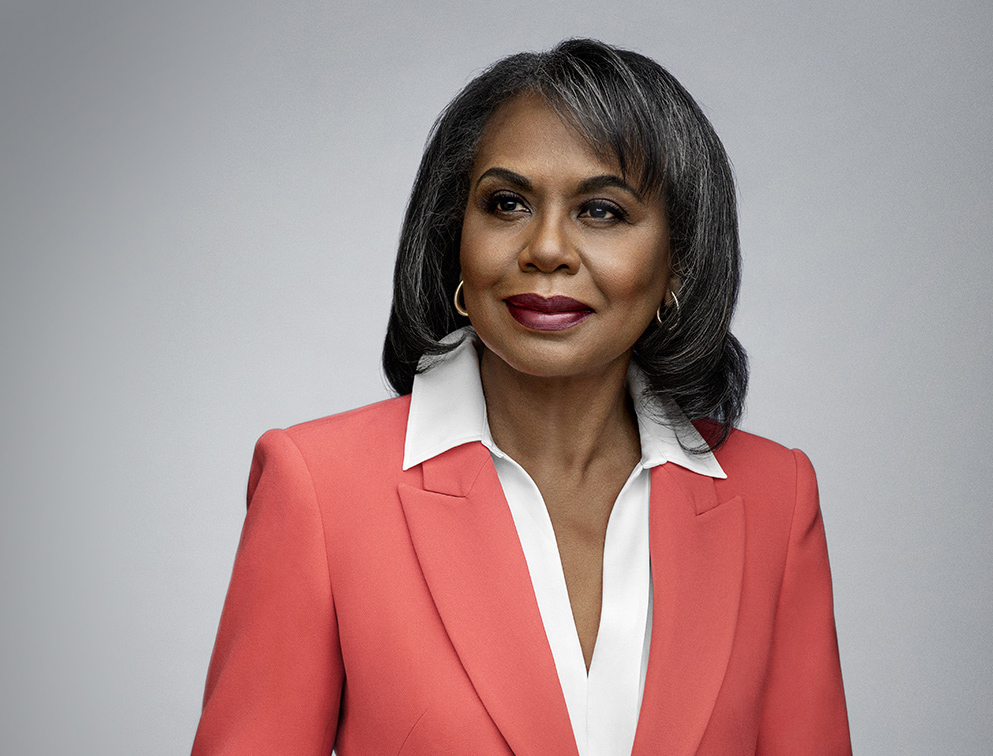
Listen
In 1991, when Anita Hill testified against then-U.S. Supreme Court nominee Clarence Thomas with allegations of workplace sexual harassment, it opened the public conversation about an issue we're still grappling with today.
Then, that dialogue expanded during the #MeToo movement that began in 2017 and reverberated during testimony against another Supreme Court nominee, Brett Kavanaugh, in 2019.
Continuing that dialogue and advancing it has become Hill's life work in the more than three decades sense her testimony. And that will be the case at an event at the University of Houston on Oct. 5 where she presents the annual Elizabeth D. Rockwell Distinguished Lecture on Ethics and Leadership for the Hobby School of Public Affairs.

Ahead of that event, Hill, who's now a professor of social policy, law, and women’s, gender, and sexuality studies at Brandeis University, talked with Houston Matters producer Michael Hagerty.
In the audio above, she tells him that, at the time of her testimony, a lot of people who'd been victims of sexual harassment didn't even have a name for what they were experiencing. She also discusses how to move the conversation about sexual harassment and gender violence forward and reflects on how she didn’t seek out her life’s work — it found her.

 77 °F
77 °F